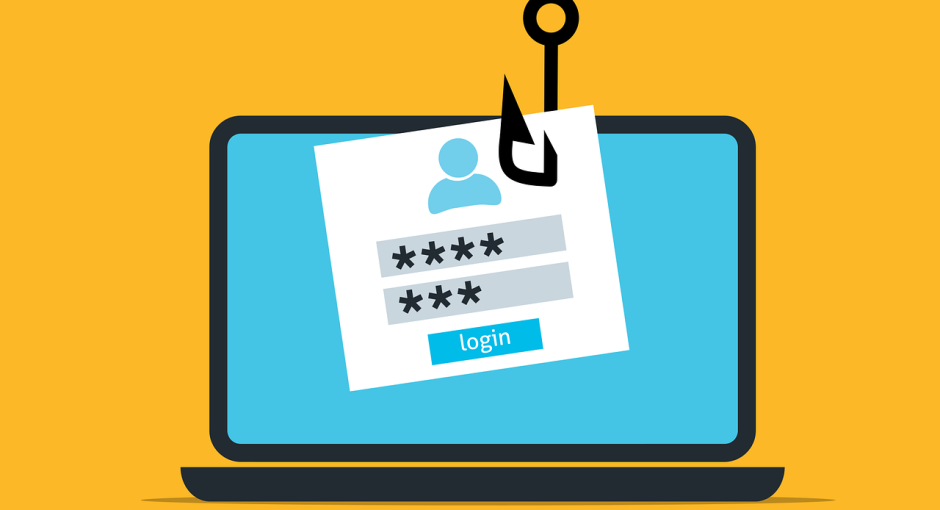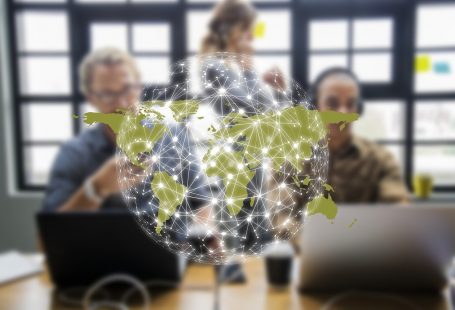We live in a time where digital privacy is more important than ever. As a result, more of us are concerned with protecting our privacy online. In the United States, privacy is a top priority for many people, and there are many laws in place that protect our rights and our data. There are also some new laws on the horizon, however. These laws are aimed at protecting your rights and your information. Let’s take a look at some of them.
The first issue is privacy. There are several issues regarding digital privacy. One of the biggest is the amount of personal information you give away online. Some websites have no privacy policies and will use any data they receive for advertising. Other websites will sell your information to advertisers, and this is not the only threat. There are many legal and technological tools available that allow companies to collect personal information about you. By using these services, you may be compromising your safety.
Regardless of the technology used, we all have the right to maintain our privacy. We should never have to worry about the companies spying on our every move. They are more than happy to share any information they want with anyone. There are many different laws on the books to protect your privacy, but most of them do not require your permission before they can use it. As a result, if you don’t want to give a company your personal data, you should consider the consequences of doing so.
In the digital privacy divide, workers are at a distinct disadvantage. Ride-share workers are required to take a mask selfie. Lawyers and Wall Street traders aren’t required to do this, but many service workers are. The fact that they have to comply with these policies puts them at a disadvantage when it comes to protecting their privacy. Further, it can cost them their livelihood if they refuse to do so. There’s no way around it.
The digital privacy divide is particularly acute for those in the service industry. As a result, these workers are disproportionately disadvantaged in the digital economy. For example, they are forced to take a selfie with a mask to be able to ride a ride-share. They don’t have the same protections as Wall Street traders or lawyers, but their jobs are highly visible. It’s important that they are protected in the digital economy.
Keeping your information private is essential for your digital privacy. There are many ways to protect your digital identity and prevent your personal information from being misused. By using a VPN, you can ensure your privacy is protected. In addition, you can also use virtual private networks to protect your communications. Tor is a free open-source software that enables anonymous communication, and you can send encrypted emails to protect your content. You can also reduce your digital footprint by controlling the permissions of apps and installing ad blockers.
Legislations on digital privacy are constantly being proposed. The Do Not Track legislation, for example, would require companies to let consumers opt out of receiving marketing messages. Another piece of legislation would require companies to post a notice about certain types of marketing practices, requiring them to disclose that information. In addition to these laws, the government is working to make these laws more effective. There are also a number of privacy regulations aimed at protecting our data.
A few of the most significant laws are enacted to protect your privacy online. In the U.S., the Federal Trade Commission Act regulates unfair and deceptive commercial practices. In Europe, the FTC is the primary federal regulator in the privacy realm and has enforcement powers over companies that do not follow the law. Moreover, the Electronic Communications Privacy Act requires companies to ask users for permission to access their data. There are also a variety of other laws that protect the rights of individuals.
Computer and Internet privacy laws cover the protection of the personal information we post on the internet and in social media. These laws protect us from unauthorized access to our private information and keep us from sharing it with third parties. There are a number of ways to protect our privacy online, including limiting the amount of data you share online. In addition to the GDPR, many browsers now allow for private accounts. The African Union Convention on Cybersecurity and Personal Data Protection (ACT) calls for the protection of digital privacy.
Image by mohamed Hassan from Pixabay
























